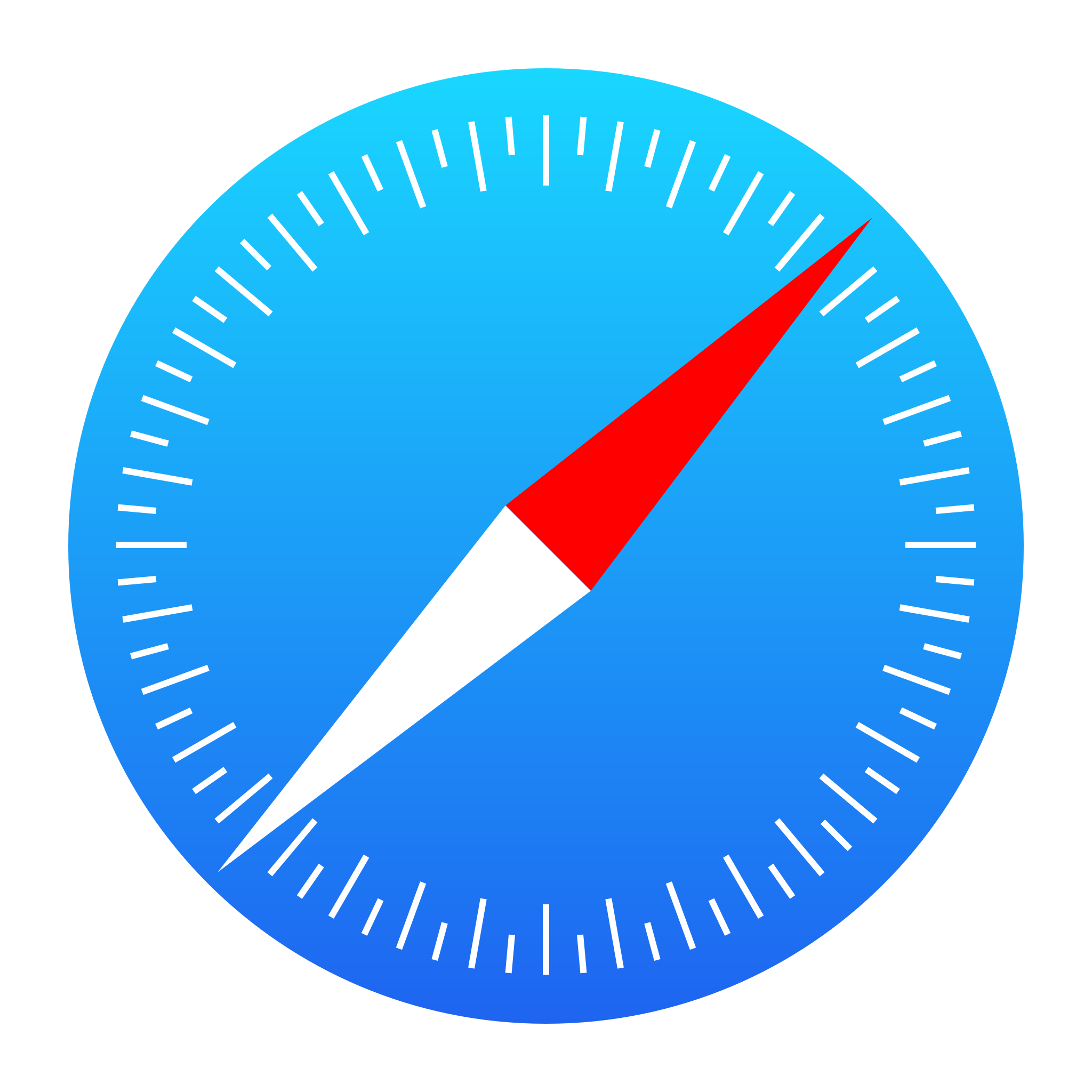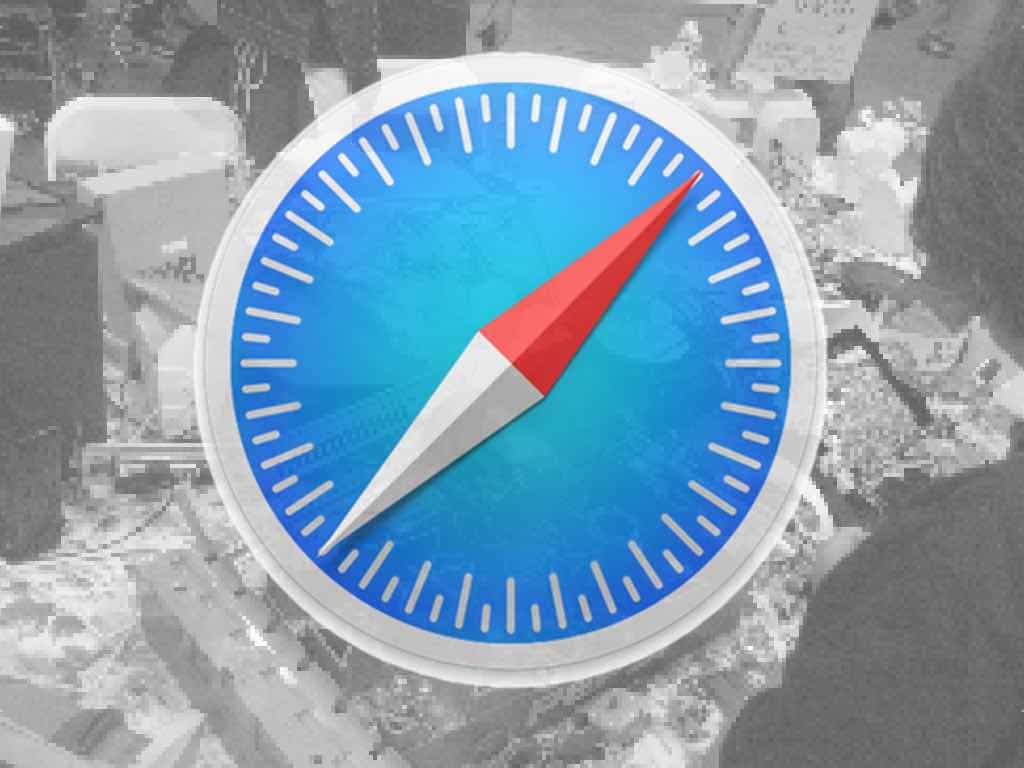

In some scenarios, a script stealthily injected into a legitimate site is to blame for redirecting the browser to a faux alert page. It is manifested as a pop-up that appears on a dubious website the user visits out of curiosity or in the aftermath of clicking a fishy link.

Safari virus warning scams are booming across the iPhone ecosystemĪn example of the attack chain on an iPhone is a Safari warning that says the device is infected with a virus and the user needs to take immediate action to take care of the alleged predicament.
Apple safari logo series#
It underlies a series of online scams whose goals run the gamut from injecting malware to stealing Apple IDs and other sensitive credentials. Amid all the exploitation opportunities in the present-day crooks’ handbook, the Safari virus warning stands out due to its prevalence and wicked efficiency. While these bells and whistles are good news for the average user, they are a call to action from a seasoned attacker’s twisted perspective.
Apple safari logo mac#
The latest Safari version for the Mac is more visually attractive than the predecessors and delivers awesome privacy extras. Until recently, gadgets running iOS and iPadOS hadn’t even allowed for switching to another default browser. Threat actors who boil their schemes down to ensnaring users of Apple products couldn’t possibly pass by Safari, the browser pre-installed on millions of hugely popular devices. Here is a hands-on summary of the Safari virus warning, a multi-pronged pivot of numerous online scams targeting Mac and iPhone users for years.
Apple safari logo for mac#

Also, if you want to restore the bookmarks that you lost, simply open Safari, go to File > Import bookmarks, navigate to the file named ist in the Safari folder that is now located on your Desktop (or wherever you moved it) and import your lost bookmarks. If you decide to reinstall the Safari extensions that you lost, make sure that you reinstall them one by one as to make sure that you do not reinstall the extension that was causing your Safari to crash in the first place. However, Safari will no longer crash on startup. Once you have moved the items listed above, all of your Safari extensions will be removed, your bookmarks will be deleted and your settings and preferences will be reset. Safari (Not the application – a folder named Safari). It is completely alright if some of the following items don’t exist in your case. Move the following items from the Library folder to an easily accessible destination (the Desktop – for example). Solution 2: Move certain Safari files out of their default location Once the items listed above have been deleted, open Safari, and it should no longer crash on startup. Use the Finder menu bar to locate and delete all of the following items from the Library It is completely okay if some of these items don’t exist in your case. Hold down the Option key, and while doing so, click on Go > Library. In the window that opens, select Safari and click on Return. The following are the three solutions that have proven to be extremely effective at fixing this issue for Mac users who have suffering from the Safari crashing on startup problem in the past: Safari Crashes on Startup Solution 1: Delete certain Safari files from your LibraryĬlick on the Apple logo in the upper left corner and select Force quit. In almost all cases, Safari crashing on startup has something to do with the program’s files being corrupted, damaged or compromised in another way. As Safari is the resident internet browser for Mac computers, the program crashing every time it is opened can be a monstrosity of a problem. There is a pretty decent chance that at any given point during their use of the Safari browser on an Apple Mac, the average person may encounter an issue where Safari keeps crashing on them as soon as they start it up.


 0 kommentar(er)
0 kommentar(er)
